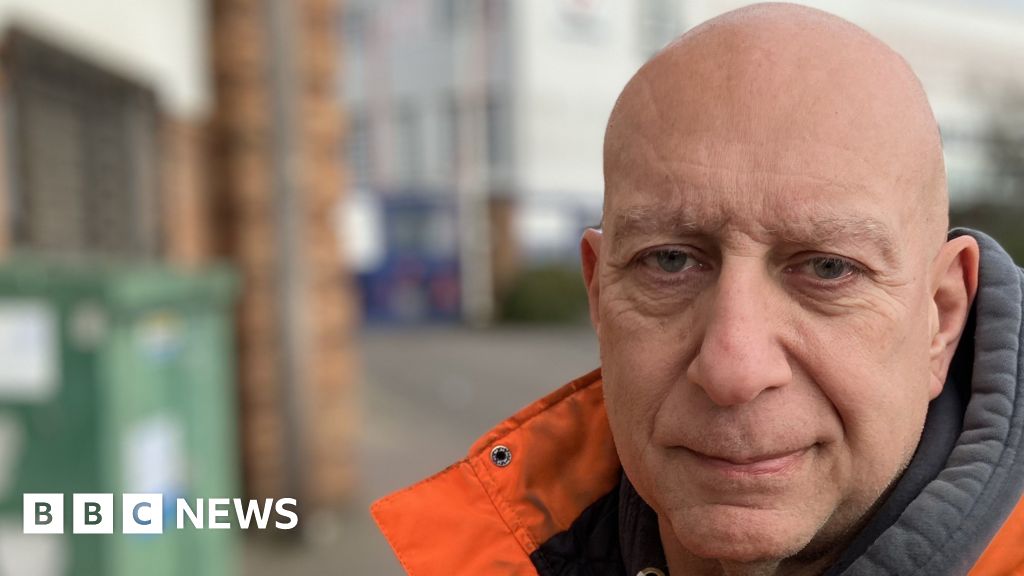After nearly 25 years in power, Vladimir Putin begins another six-year term as Russia's president on Tuesday, at a time of growing tension with NATO countries over their support for Ukraine.
The announcement of military exercises simulating the use of tactical nuclear weapons announced by Russia's Defence Ministry on the eve of Vladimir Putin's inauguration as president for a fifth term in office were calculated to sow doubt and disunity among western allies, analysts told Euronews.
Kremlin spokesman Dmitry Peskov labelled comments by Britain's David Cameron and France's Emmanuel Macron "dangerous", warning of a direct escalation of the conflict that could potentially threaten European security - though analysts saw the move less as imminent threat so much as a fresh attempt to divide Western support for Ukraine.
“It's meant to intimidate and create psychological pressure, but not just directly to these countries, but also to countries who are watching and who are perhaps a bit more cautious, because probably that will make them a bit more cautious,” Maria Martisiute, policy analyst at the European Policy Centre, told Euronews.
Earlier on Monday, Britain's Foreign Secretary David Cameron said during a visit to Kyiv that Ukraine will be able to use British long-range weapons to strike targets inside Russia, while last week French Prime Minister Emmanuel Macron repeated that the possibility of sending troops to Ukraine is not off the table.
Though not new, such remarks make Russia 'uneasy', spurring the regime to respond with threats, especially in the current context, according to Martisiute.
“We should keep in mind that Chinese President Xi Jinping is in Europe, but also that the $61 billion support from America has been passed and that Ukraine is planning a counter-offensive in 2025,” the EPC analyst argued.
“Russia knows that manoeuvres make the West nervous, as in the past, manoeuvres were often part of a preparatory phase for something,” Gustav Gressel, senior policy fellow with ECFR, told Euronews.
Since the start of the full-scale invasion of Ukraine, Putin has repeatedly reminded Western countries of Russia's nuclear capabilities in an attempt to dissuade them from deepening their military support for the country led by Volodymyr Zelensky - but this is the first time such an exercise has been publicly announced.
“Russia is clearly trying to inject further ambiguity in its nuclear doctrine with these moves,” said Dylan Macchiarini, EU foreign policy researcher at CEPS.
Moscow's move follows a decision in 2023 to place its tactical nuclear weapons on Belarusian soil, as part of an effort by both Eastern leaders to counter perceived Western threats.
Tactical nuclear weapons, which range from aerial bombs to warheads for short-range missiles and artillery ammunition, are less powerful than strategic weapons because they're designed to be used on the battlefield, not to wipe out entire cities.
By way of comparison, while the US bomb dropped on Hiroshima in 1945 was 15 kilotons, a tactical nuclear weapon could only yield about one kiloton.
But since Belarus shares a border of more than 1,000 kilometres with Ukraine, Putin's decision to deploy these tactical nuclear weapons would mean that Russia could reach potential targets more easily and quickly.
“This move further raises the stakes at play and will create more headaches for military planners in the US, Europe and Ukraine who will continue to grapple with what constitutes the threshold for Russian first use,” Macchiarini added.
The number of weapons deployed in Belarus is still unknown, but the CEPS researcher sees the Russian decision as a way of distracting public opinion and undermining Western support for Ukraine, but believes it will have the opposite effect.
"It would be helpful to remind Moscow that most of these NATO countries also have the same nuclear capability,” Martisiute also stressed.
With Moscow celebrating on Thursday its most important secular holiday, Victory Day, marking its defeat of the Nazis in World War II, the ECFR analyst believes that Russia's leader is feeling powerful again, as Putin only issues nuclear threats when he feels strong.
"This is because he knows that if he uses them, or threatens to use them, he would enter a dangerous game of escalation with the West," Gressel stressed, adding that Putin most likely thinks the West will hardly risk escalation for Kyiv at the moment.
“If we don't like it, we should make him feel weak again," the ECFR analyst said, by providing Kyiv with the necessary resources, lifting restrictions on the use of Western weapons systems, or even arming our side with a clear threat of direct involvement in the conflict if they use nuclear weapons.

 9 months ago
37
9 months ago
37









